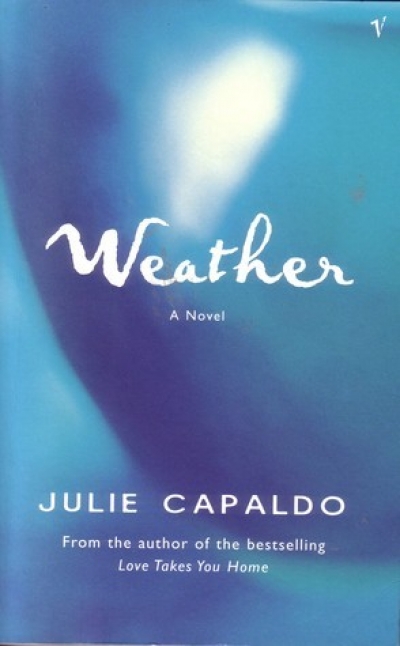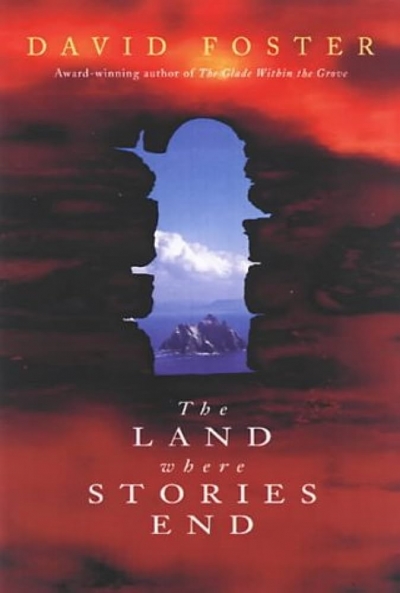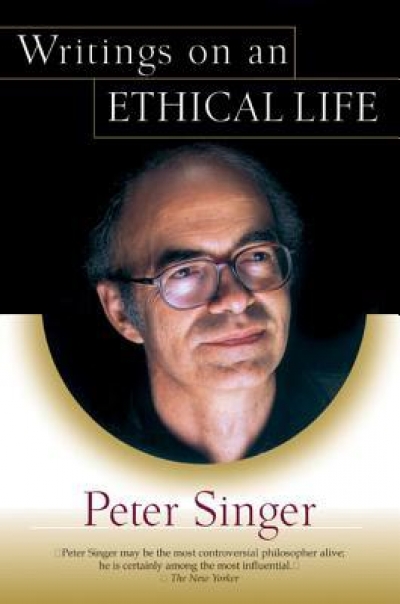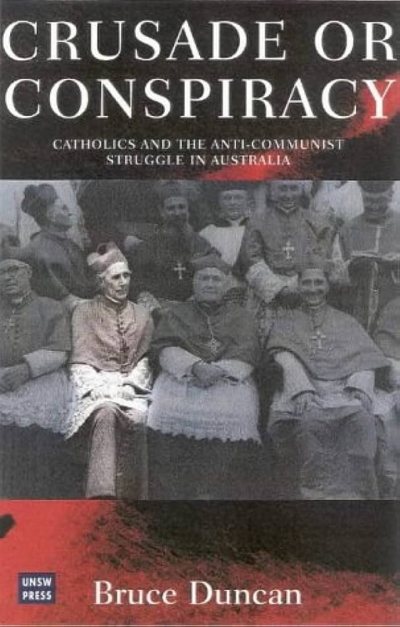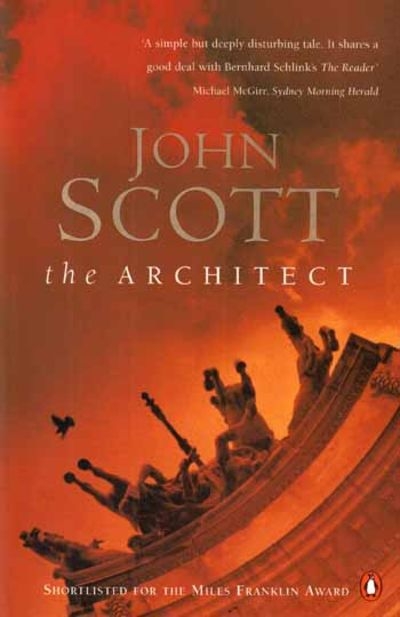Archive
Purists and lawyers, sit down. You may need smelling salts or whisky, according to taste. Ready? All right. I predict that your children, or perhaps your children’s children, will read in grammar textbooks that they is the third-person singular pronoun when referring to a person, as well as being the third-person plural pronoun. It will be confined to an animal or a thing.
... (read more)Sally Muirden’s second novel sits well with her first, Revelations of a Spanish Infanta. In each case, the author works through an elaborate historical lens to construct a multi-layered narrative in which the focus is the intimate life of a woman.
... (read more)I’m not keen to be at this dinner party at Carol’s. I find her hard to take sometimes, with her endless stories about her life in Maningrida. Her husband is away. Instead, there’s Graham, who’s been here nearly ten years; Laurie, who has visited the community from time to time since the 1970s; and Lisa, who is a few years older than me and who runs the art c ...
You tend to notice things when away from home. For instance, I have always been struck by how many people on trains and buses in Paris have their noses buries in books. So when I spent a couple of weeks there in March, I tried as often as decently possible to sneak a look at what Parisians were reading.
... (read more)
